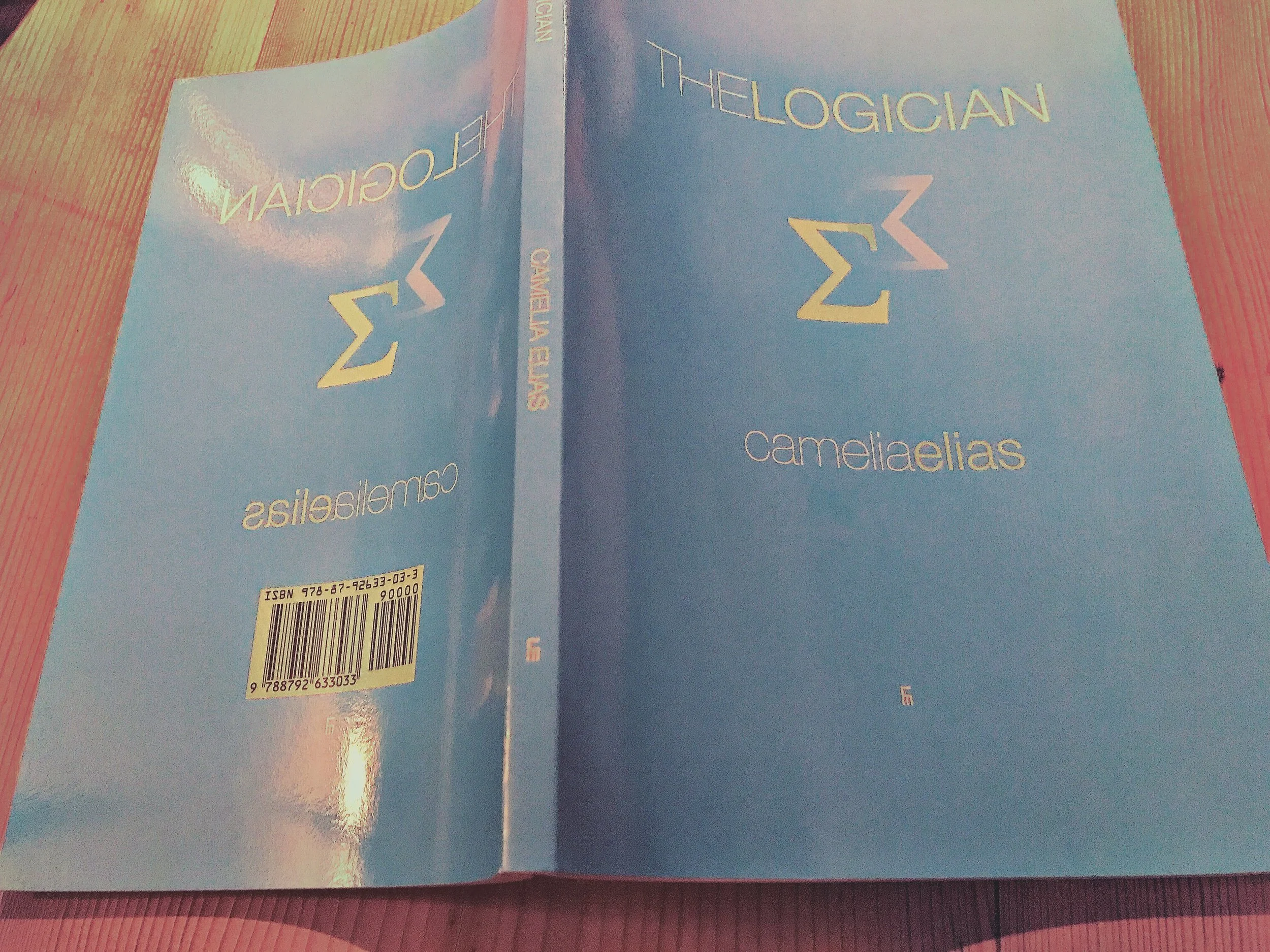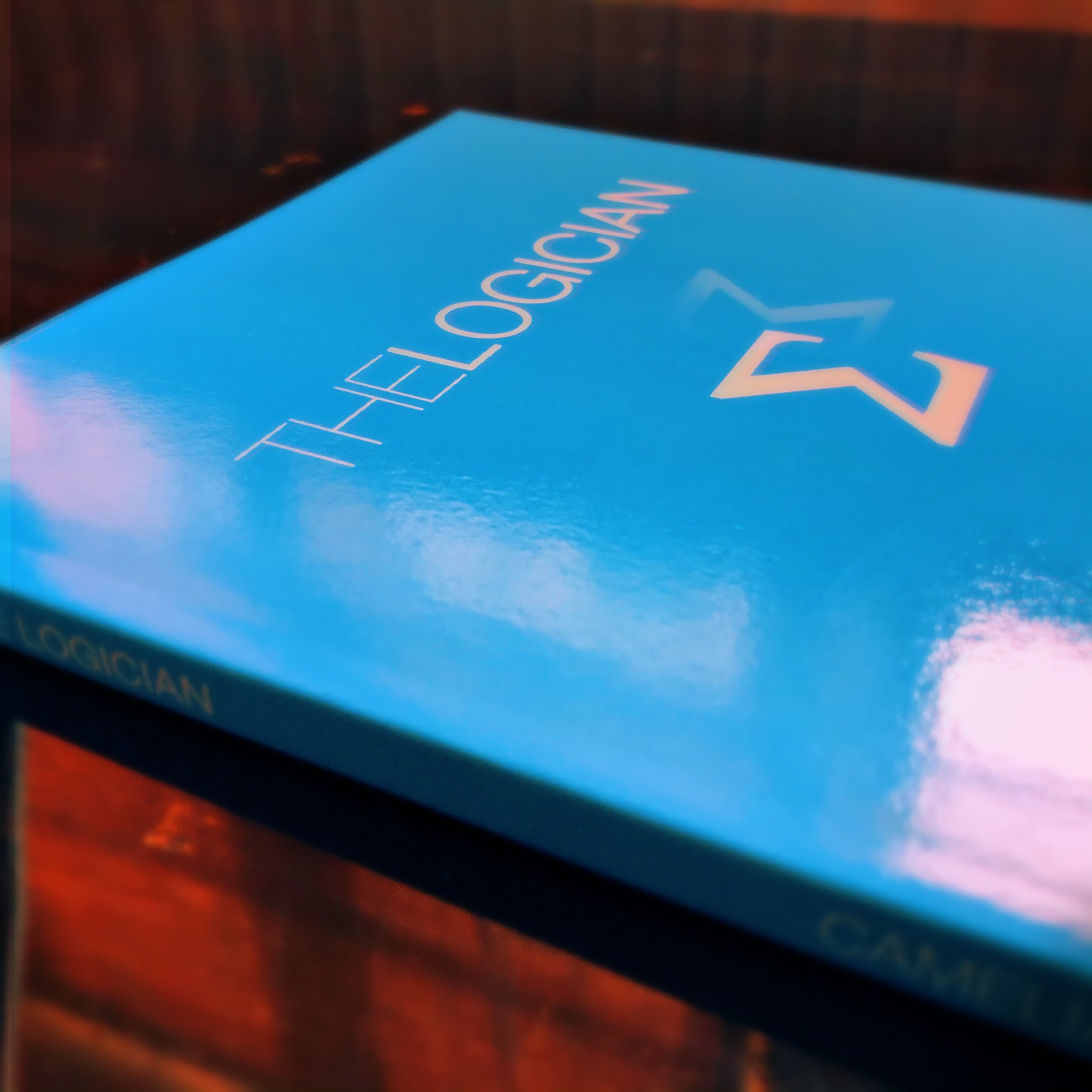Logical
Often the best commentaries to our work come from unexpected sources. They are often also delivered with humble aplomb, which is the best way of expressing genuine enthusiasm. I respond to such feedback with a bow, in gratitude for people's way of expressing also that which cannot be conjured into words. While lost in reading weird texts on the internet on ten different websites, I get a mail of profuse thanking. Fernando Silberstein, a professor of psychology and psychoanalyst – in his spare time, a neoplatonist plus an infinite number of other things that he graciously passes on to me – has been reading my book, The Logician. He insists that it's fantastic, offering a string of supporting adjectives to that effect, creating correspondences to his own work, Lacan and heavy to read Renaissance Spanish scholars and Jesuits, and emphasizing the emergence of parallel dimensions of all sorts – out of this writing that he has been reading: my writing.
I used to say that I write for myself and strangers, following a truly clever woman, Gertrude Stein, but time and time again, I feel that I need to revise that philosophy. How can we call strangers the ones who make an effort to let you understand that, although their enthusiasm cannot be expressed in words, they still want to say it? They find ways to say it. They are like those fairytale cavaliers who ride to the end of the world to bring you the word. The word that is impossible to utter other than by capturing it in a wave from the ocean, or in the swishing sound of the wind as it cuts through your boots on one of the seven mountain tops that you have crossed.
As Silberstein wants me to understand that he means what he says, he sends me a link to a piece of music, Bach on crystal glasses in reference to one of my references in the book to such things. This makes me think that I write for special people, for the ones whom I imagine have open souls, and who allow me to salute the divine in them. It makes me think that I write for the people who can see with their hearts what is essential that, however, remains impenetrable to the eye. I write for the people who can sing. I write for the people who can make us come through the gates of the fantastic, to a place where we join that fool of Don Quixote, the best logician of them all, and intone with him at unison on Bach's music the only logical consequence of silence: to sit and stare at vibration, as it articulates eloquently what is never said:
“I came to the gate, where some dozens or so of devils were playing tennis... in their hands they held rackets of fire; but what amazed me still more was that books, apparently full of wind and rubbish, served them for tennis balls, a strange and marvellous thing.” (Cervantes)
Here is the book again, The Logician, almost one year after its publication, full of wind and rubbish, and other marvelous things.
September 11, 2011


